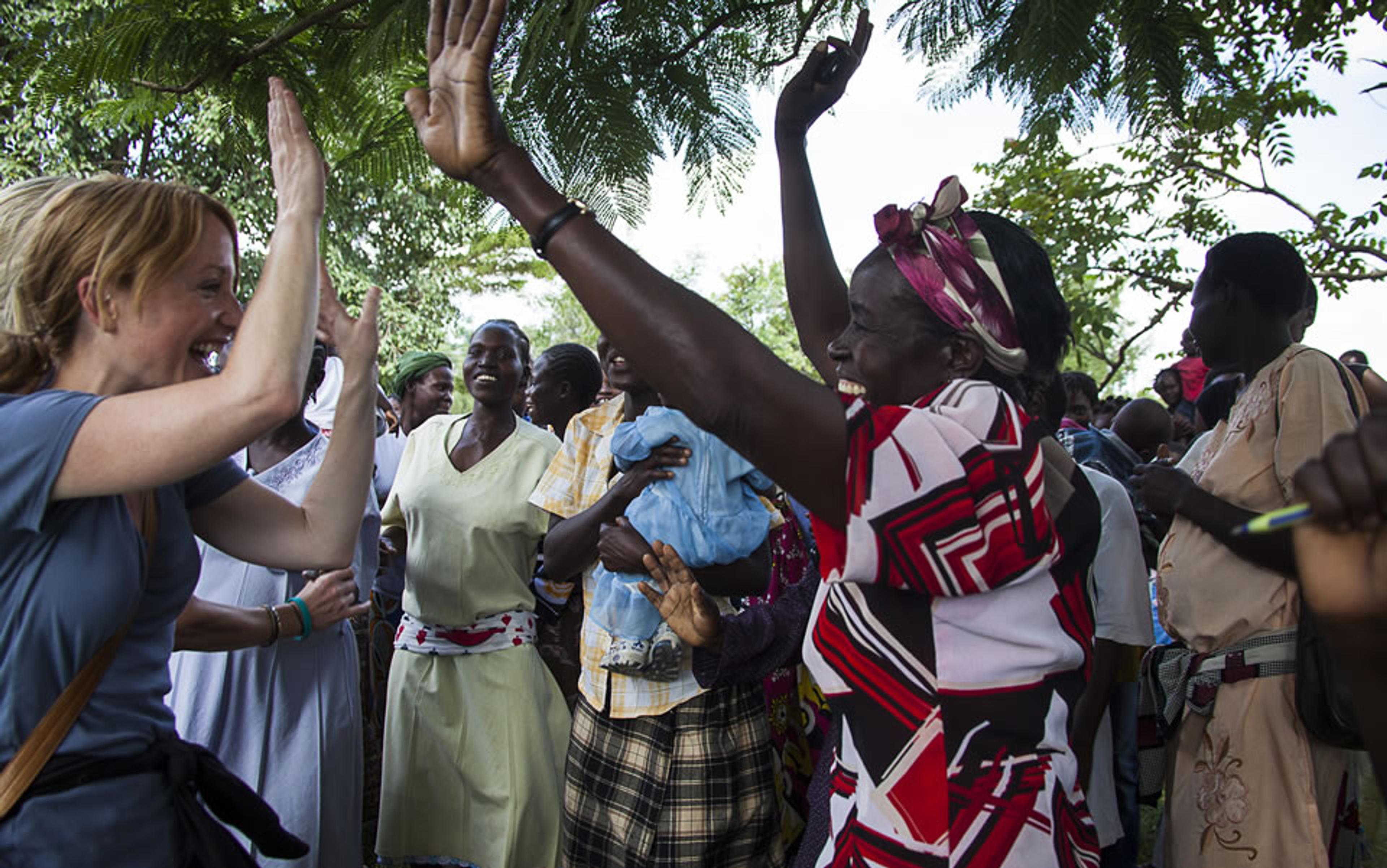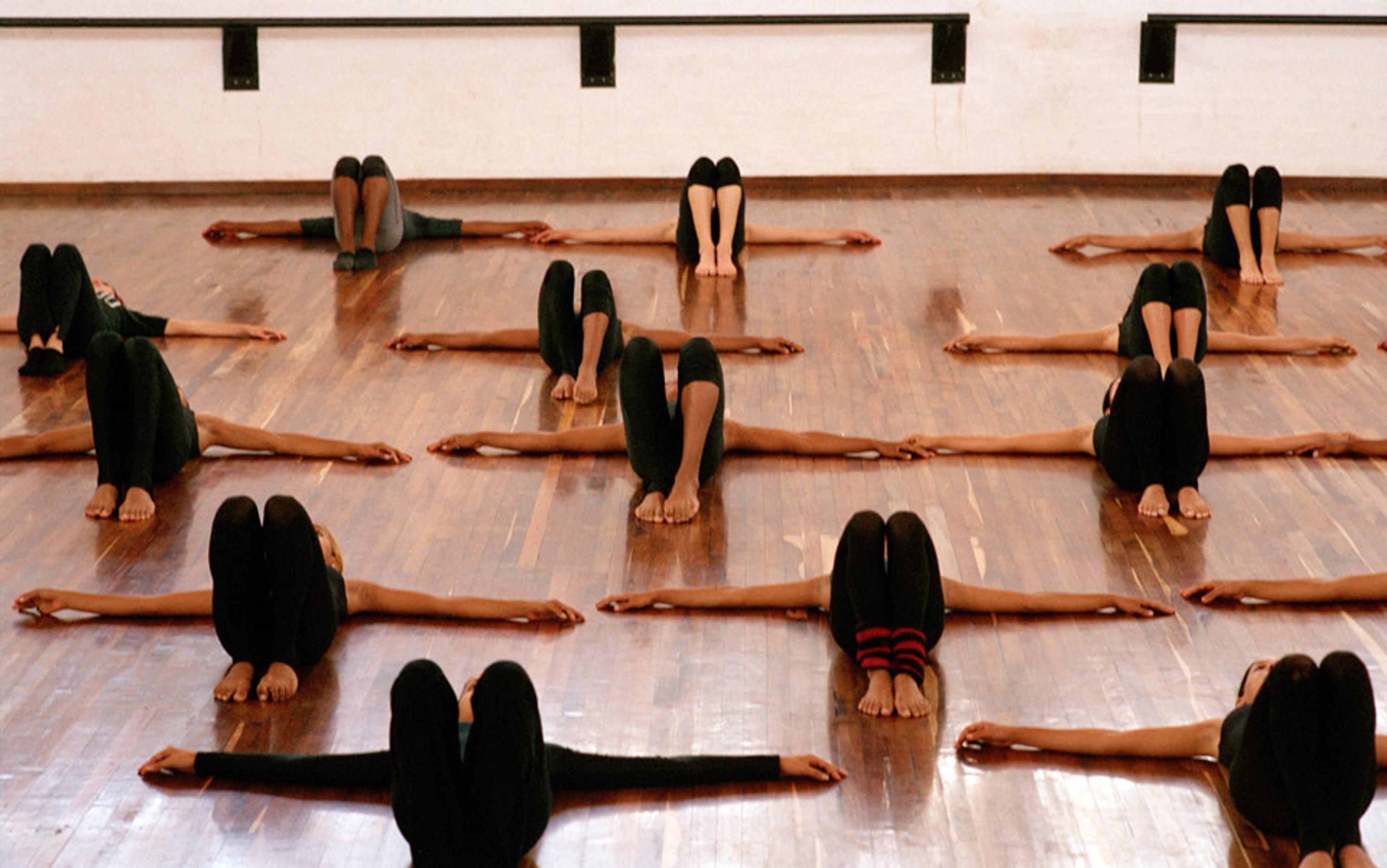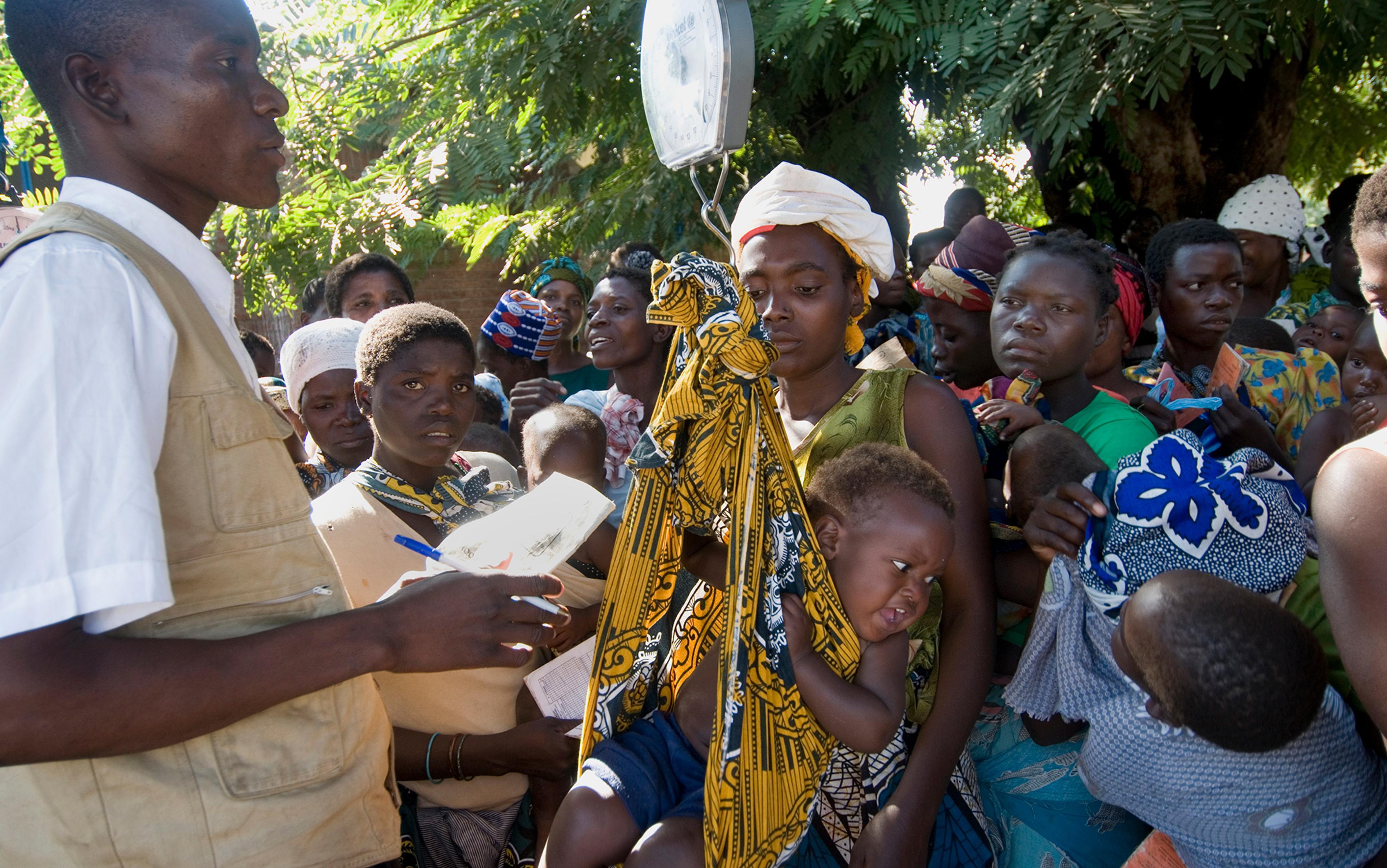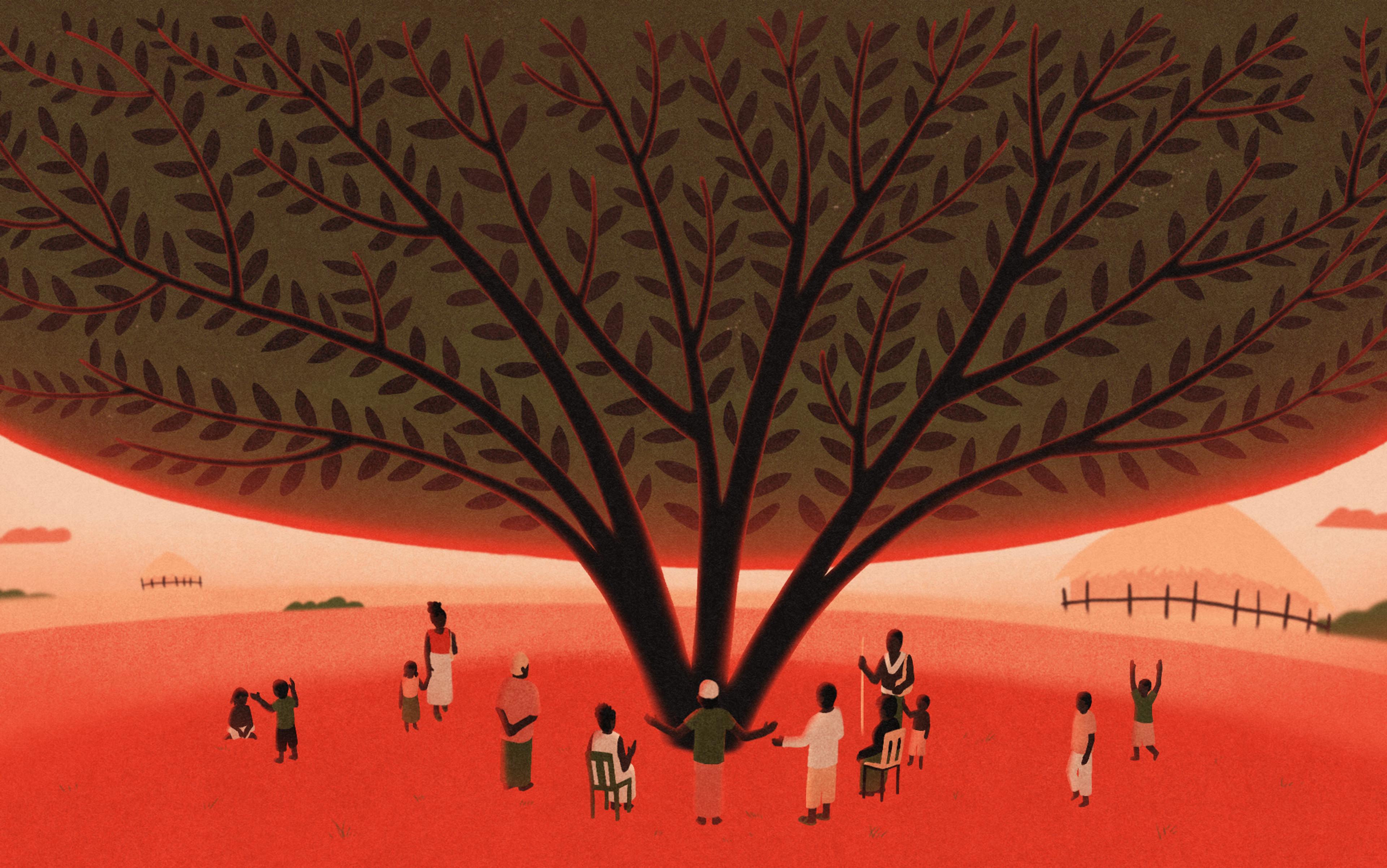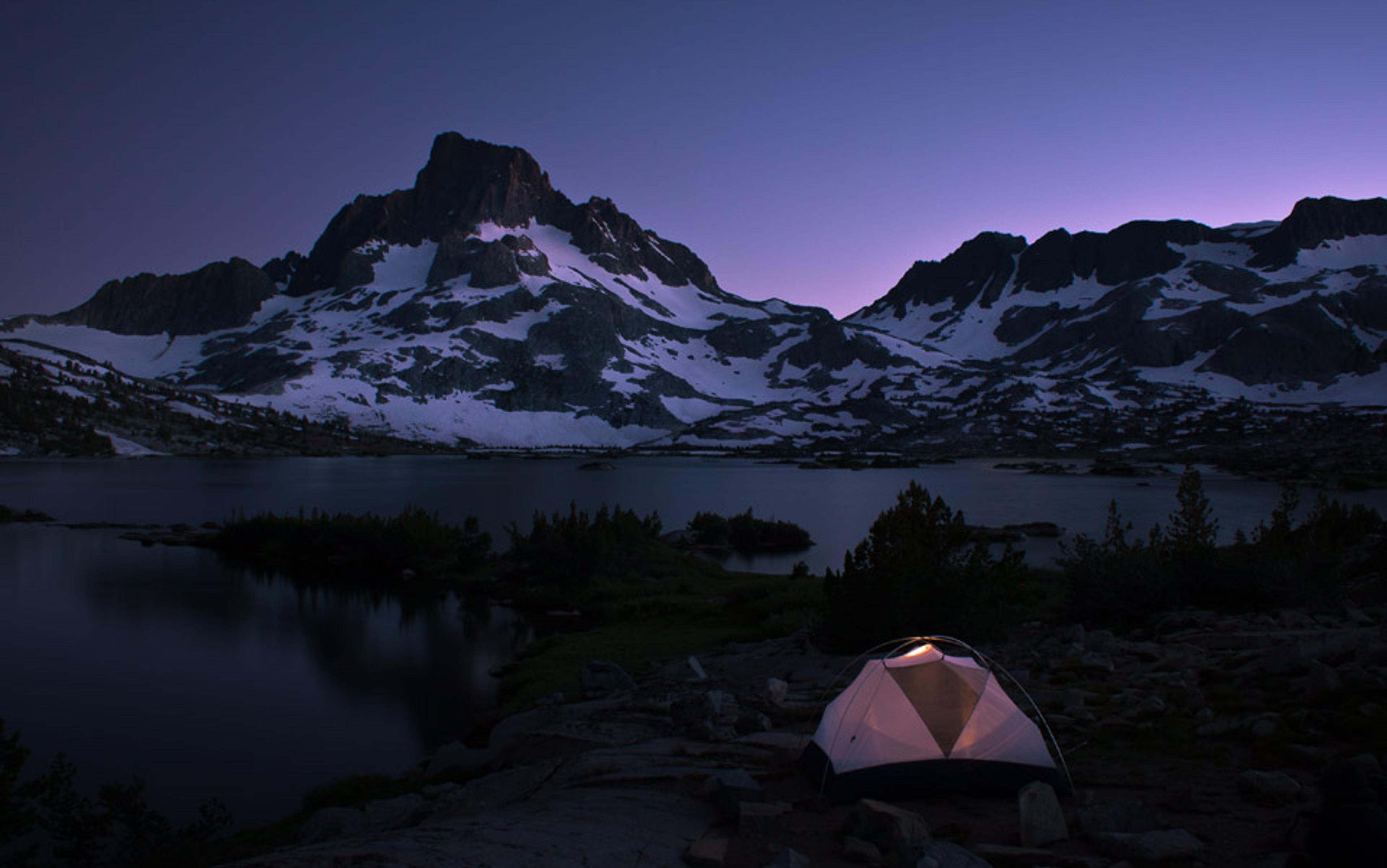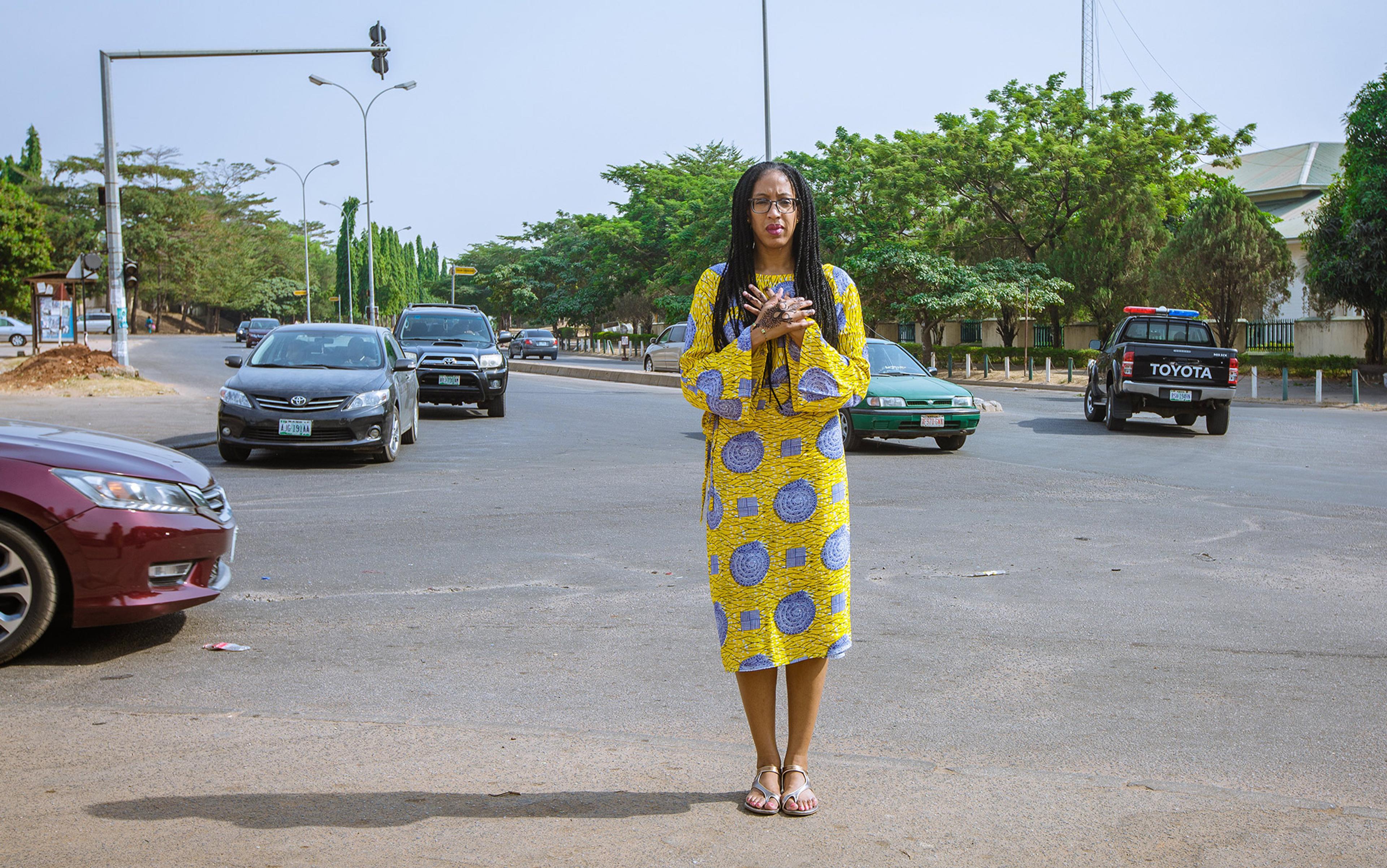When you’re an American planning a trip to Africa, everyone tells you it will change your life.
I certainly heard it more than once. Of course, I knew what they meant: change in the sense of the eye-opening that comes with travel. Seeing poverty. Being disconnected and out of one’s element. The intoxication of exploring and discovering the world that leaves you, if not changed exactly, then at least a little buzzed.
And I agreed. My stock reply was always: ‘I hope so.’ But the sort of change I selfishly, silently hoped for was different.
I’d realised lately that I wasn’t getting any younger. That, in a bruising affront, age had come calling for me, too. Time had sped up without checking in with me first and, now that I was aware of it hurtling past, I felt equally seized with frantic ambition and stranded, idling, at some kind of existential checkpoint, forced to take stock. My career, my relationships – was any of it as good as it could be? Looking around, I saw everything marked by the same impossible questions. What was I leaving unrealised? What was being squandered?
So, yeah, you could say I was hoping something would change – I wanted answers! Direction! Inspiration! Fulfilment! Shamelessly self-involved, to be sure, particularly given the reason for my trip: to report on a non-profit organisation and the very poor rural women it supports with prenatal vitamins.
As it turned out, Africa did change my life, though not in a way I ever could have expected. Africa made me a runner again.
Until I left for Kenya in July 2012, I was a lapsed runner of the highest order, outfitted in a layer of moisture-wicking denial. Which is to say, though I’d run only intermittently in the six years since I’d had knee surgery, I never stopped thinking of myself as a runner. Or, ludicrously, calling myself one. Like the lapsed Catholic who might scoff at the religion’s doctrine but still feel guilty for, well, pretty much everything, I had an identity hangover. When a masseuse inquired about any problem areas, I’d say, in lieu of a thorough inventory: ‘I’m a writer and a runner,’ leaving her to draw her own conclusions. I often dreamed I was running; upon waking, I’d lace up my state-of-the-art running shoes (purchased fraudulently, of course, and with great indignity) and go for a walk.
They were good shoes for flying, though, and I was wearing them when I stepped off the small prop plane that deposited me at the tiny airport in Eldoret – a town in Kenya’s western highlands, a region whose claim to fame is its status as ideal training ground for marathon winners, its altitude doing for their lungs what the American swimmer Michael Phelps’s hyperbaric chamber did for his. It was late on a Sunday night, and a local doctor was there to collect me. Wearing a suit that swam on him, Silas drove slowly, spoke softly, and exuded a gentleness that stood in sharp contrast to what can best be described as a sinister laugh. ‘You’ll have a hot shower tonight, but not after that, mwahahaaa!’ he’d cackle. Or: ‘It’s cool tonight’ (‘cool’, to Kenyans, is relative; it was at least 70 degrees Fahrenheit), ‘but it won’t be comfortable when we’re by the lake, ahahahaa!’
‘You know,’ he said, ‘Eldoret is famous for running.’ I did know that, and this one fact represented almost all I knew about the place.
‘Are you a runner?’ he asked.
I thought for a minute. ‘I was,’ I said.
He looked at me, as though expecting me to continue. (Or, perhaps, to explain what the hell I was doing in those shoes if I wasn’t a runner, a thought that didn’t occur to me until much later.) I debated sharing the sad saga of my knee, or waxing poetic about how much I used to love running, but I didn’t.
Instead what I said was: ‘Yeah, I like to run.’
‘We will run,’ he said, so quietly that I had to lean in to make out his words, as we bobbed in the dark along the pockmarked road, bugs infiltrating the car, my nostrils and ears.
And with that, it was on.
The next day, we met up with a small team from Vitamin Angels – the California-based non-profit – and some members of their in-country partner organisations. We’d spend the week together, travelling the surrounding area, visiting clinics and distributing the vitamins to the women of the small villages that dotted the hills between Eldoret and the Ugandan border.
The day began with a tour of the hospital in Eldoret, where peeing was done – as I’d anticipated – over a hole in the ground. Our small convoy drove some miles out of town and stopped at an AIDS clinic to talk to the pregnant women who were beneficiaries of the prenatal vitamins; women whose bodies were so starved of nutrients that prior to receiving those vitamins, they craved – and ate – soil.
We drove some more and stopped at another AIDS clinic, where the women, all HIV positive, sang and danced to welcome us.
We drove some more, veered off the main dirt road and onto another dirt road, which grew narrower and narrower until, just when it seemed we might be swallowed completely by the thick vegetation, the path opened to reveal a clearing in the bush and a clutch of homes made of earth.
I sat with Evelyn, my translator, and spoke with one woman, then another, then another; each a mother several times over, each a recipient of the vitamins. The first was wary; the second shy. The third, supremely pregnant and battling malaria, smiled wide. She spoke a little English and her expression was wry. I liked her immediately.
Children chased each other, climbed the tree under the canopy of which we took shelter, and stole glances at us. I wondered what they thought we were doing there. I wondered how many other convoys of well-intentioned white people had passed through. I wondered whether any of them had done any good.
The photographer was gathering some of the women for a photo when the light suddenly turned sepia, the air electric with the promise of rain. Within minutes, my comrades and I were gathering our things and running for it. Stepping into the Rover as thunder crashed above, I turned. Mary, the smiling woman I’d spoken with earlier, grabbed me and offered her hand. We each performed the handshake that came automatically; they didn’t quite fit together, but came close. We laughed. The sky opened in a torrent that washed out the road entirely, but this tiny clearing under a huge tangle of leaves remained dry.
The days that followed brought more of the same. Uplifting, devastating experiences, heavy with the weight of the huge, intractable problems evidenced everywhere. How ineffectual everything seemed in their wake.
How should you feel when a woman says that, thanks to the vitamins, she no longer eats soil and has a healthy appetite – but there’s not enough food?
I remembered: the meditation in the rhythm of footsteps and breath, footsteps and breath
How should you feel when you look around at this area, so poor, yet – in the cruelest contradiction – the land itself is so rich with fertility? It puts that fertility on display like a peacock: the soil so rich it is red, so red it will stain, bursting forth in ribbons from the landscape, green and fecund. What is fertility if not possibility? Where does unrealised possibility go?
That night, we arrived in the small town of Bumala – a couple of miles from the Ugandan border and on the road to Kisumu (along which lies the ‘Home of Obama!’, as the locals like to remind). Over a dinner of spinach, ugali and cold bottles of Tusker beer, I turned to Silas as said: ‘Hey, are we going to run or what?’
The next morning, we met before dawn outside the gate of the Western Ambience Hotel. We jogged past the square where, in the night, people warmed themselves and roasted corn over fires, drank, and bought and sold everything from chickens to shoes to gasoline – which they’d buy in small amounts, collected in two-litre bottles.
I believe now that Silas, sweet, gentle Silas, was out to trick me this day: there was no way I should have been able to keep up with any regular runner, let alone a man as lean and long-legged as he. But he kept his pace slow and steady. And soon after we set off, I remembered: the meditation in the rhythm of footsteps and breath, footsteps and breath. The way it relaxes, invites the impossible questions, normally carefully tucked away, into the open for calm examination. The way each step is both impossible and inevitable; you can’t go on, you think, and yet, of course – and miraculously – you do. The way you can stare down a day from the slick of a post-run sweat and think: OK. Let’s do it.
One night, after another day spent with some of the world’s poorest women, who – due to simple logistics – are unreachable by the great majority of aid organisations, I threw myself onto a chair in the restaurant at the Western Ambience with a sigh, and pushed aside the glass of wine I’d mistakenly ordered (it was poured from a dusty box; I have no idea what I was thinking). Howard Schiffer, founder and president of Vitamin Angels, looked at me. ‘Tell me,’ he said.
The woman whose first child died, whose second had sickle-cell anaemia she couldn’t afford to treat, and who seemed terrified of what this pregnancy would bring. The woman who brought her pregnant daughter-in-law, deaf and married to a son who is also deaf, both of whom – and whose children – she takes care of, and whose husband favours his second wife and does nothing to help. The woman who never got the vitamins and whose beautiful infant son had spina bifida, but she couldn’t afford a bus ticket to Nairobi, let alone the medical bills she might find when she got there. (I did not tell Howard that, against explicit instructions, I slipped her some money.) The story, repeated over and over again, of how a woman had loved to go to school, but had to drop out because her family couldn’t afford the fees, or could only afford to pay for her brothers’ education. The refrain, met always by laughter from the other women, that the vitamins are great, but now there’s not enough food.
‘There’s too much to do,’ I said, wishing desperately that the wine were drinkable.
I looked around the room; there were three other groups, white missionaries all. What kind of good did they imagine they were doing here, I wondered?
What kind of good was I?
‘People who don’t do this always say: Why don’t you do this, or You should do that,’ Howard told me. ‘But you can only do so much.’
The next morning brought the switch portion of Silas’s bait-and-switch running regimen. Again, we set off before dawn, once again at a slow and steady pace. That lasted for approximately three minutes. ‘I’m going to sprint to that tree,’ he said. What tree? It was still dark out and, besides, there were trees all over the place. His figure disappeared into the predawn murk while I had a fleeting moment of panic, but then I realised I was putting one foot in front of the other, and really, there was nothing else to be done.
I got stares from the men bringing their cows to the market, the women on their way to fetch the water, the uniformed children heading to school
He reappeared a mile or so down the road, in front of a shuttered stand where a lone chicken strutted back and forth. Thoroughly unwinded, he matched his pace to mine for a minute, then said: ‘I’m going to sprint to that tree.’ And off he went again, silhouetted against the glow of sunrise.
Being the rare mzungu – or white person – in these parts, and certainly the only one running the back roads early in the morning, the sight of me proved a shock. I got stares from the men bringing their cows to the market, the women on their way to fetch the water, the uniformed children heading to school. My only recourse was to smile, and yell: ‘Jambo!’ (Swahili for ‘hello’). I did this constantly. Sometimes, my efforts were met with nothing but the same stern stares but, far more often, I’d earn a smile.
While Silas was running to his tree, I came upon some barefooted schoolchildren. They stared.
‘Jambo!’ I yelled.
They stared some more, checked each other, and then, apparently, came to a decision.
‘Howareyou!’ one cried, then the others joined him. ‘Howareyou howareyou howareyou!’
A boy began to skip. ‘Howareyou!’ he said. ‘HowareYOU!’ I said back.
They found this deeply hilarious.
And then the first little boy started running.
By the time Silas returned, I had a crowd of kids running with me, all of us ‘Howareyou’-ing in delight. (It was just like the film Forrest Gump, except in that analogy I’d be Forrest, so never mind.) We reached their school, and they fell away.
‘Goodbye!’ I yelled.
‘Howareyou!’ they called back.
‘Sprint with me to that tree,’ Silas said, as we passed the same stand we’d passed earlier, now open, and with a freshly plucked chicken roasting over a fire. What tree?
‘Oh, I don’t know,’ I said. ‘I’m tired! We ran so much further today.’
‘Try,’ he said. ‘If you can’t do it, you slow down.’
You really can’t argue with logic like that.
I tried.
And when I got there, I did what everyone does, the impossible, the inevitable, the only thing there is to do: I just kept going.
